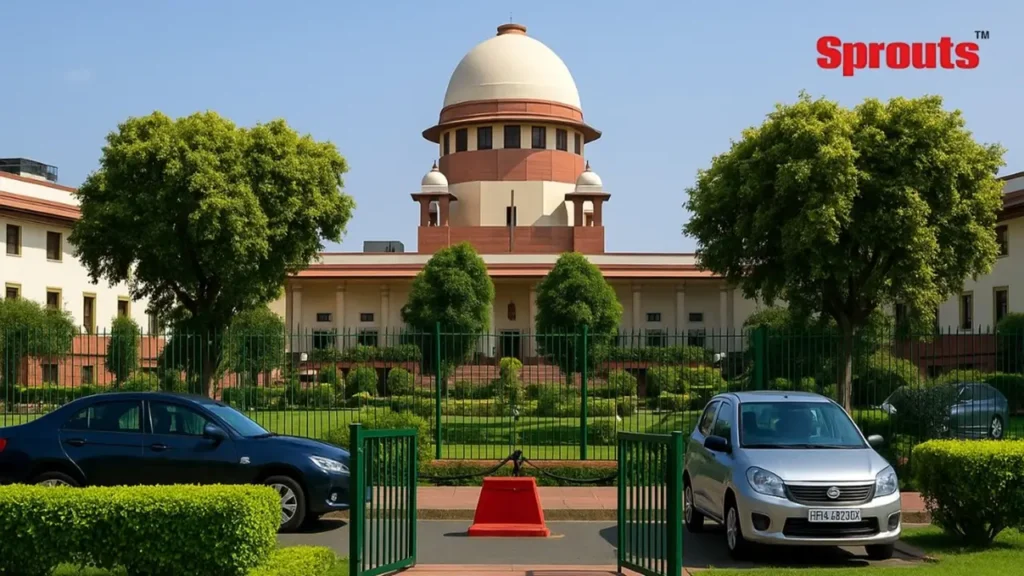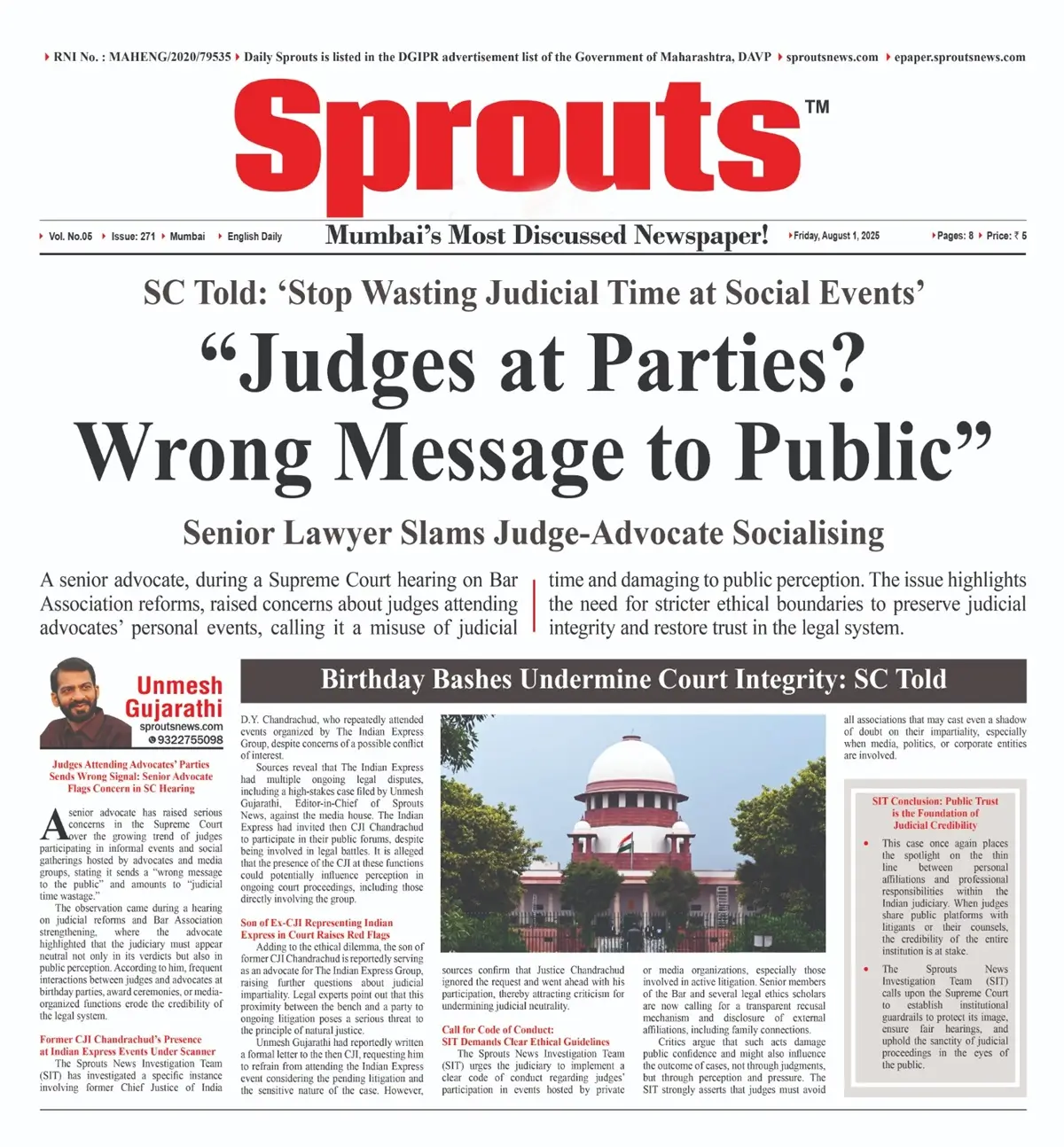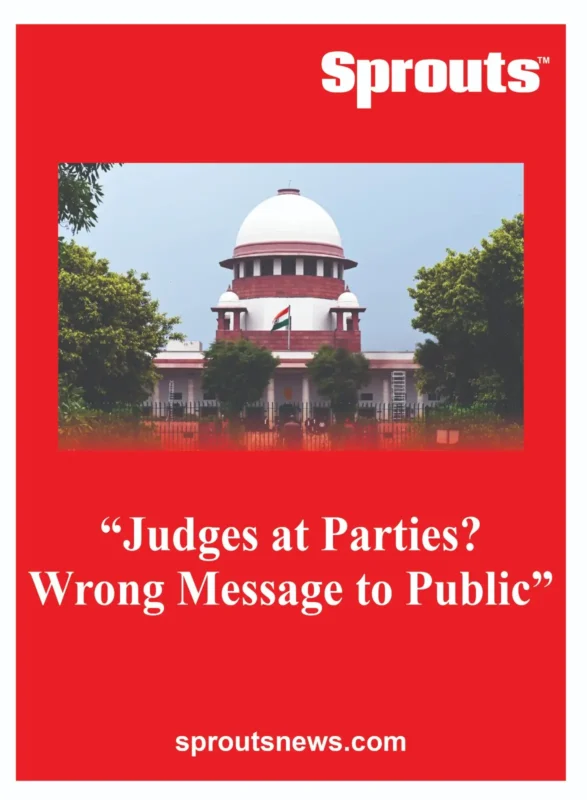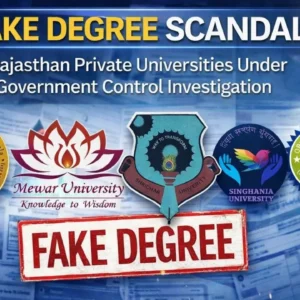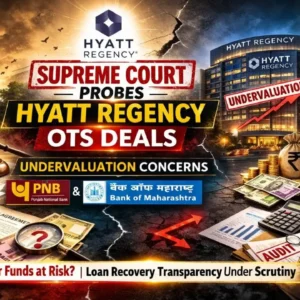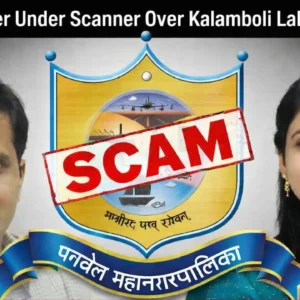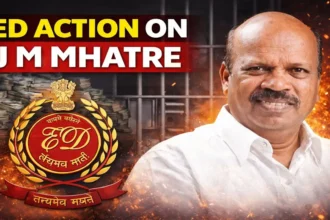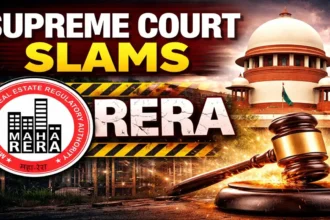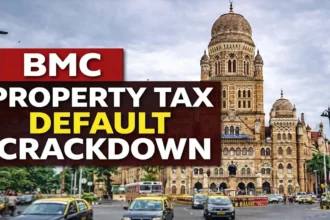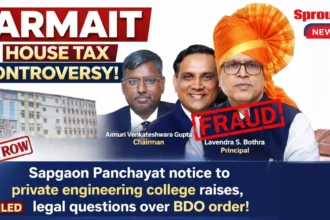“Judges at Parties? Wrong Message to Public”
•SC Told: ‘Stop Wasting Judicial Time at Social Events’
•Senior Lawyer Slams Judge-Advocate Socialising
•Birthday Bashes Undermine Court Integrity: SC Told
Unmesh Gujarathi
Sprouts News Exclusive
Contact: +91 9322755098
Sprouts News Exclusive
Contact: +91 9322755098
A senior advocate, during a Supreme Court hearing on Bar Association reforms, raised concerns about judges attending advocates’ personal events, calling it a misuse of judicial time and damaging to public perception. The issue highlights the need for stricter ethical boundaries to preserve judicial integrity and restore trust in the legal system.
Judges Attending Advocates’ Parties Sends Wrong Signal: Senior Advocate Flags Concern in SC Hearing
A senior advocate has raised serious concerns in the Supreme Court over the growing trend of judges participating in informal events and social gatherings hosted by advocates and media groups, stating it sends a “wrong message to the public” and amounts to “judicial time wastage.”
The observation came during a hearing on judicial reforms and Bar Association strengthening, where the advocate highlighted that the judiciary must appear neutral not only in its verdicts but also in public perception. According to him, frequent interactions between judges and advocates at birthday parties, award ceremonies, or media-organized functions erode the credibility of the legal system.
Click Here To Download the News Attachment
Contents
- “Judges at Parties? Wrong Message to Public”
- •SC Told: ‘Stop Wasting Judicial Time at Social Events’
- •Senior Lawyer Slams Judge-Advocate Socialising
- •Birthday Bashes Undermine Court Integrity: SC Told
- Judges Attending Advocates’ Parties Sends Wrong Signal: Senior Advocate Flags Concern in SC Hearing
- Former CJI Chandrachud’s Presence at Indian Express Events Under Scanner
- Son of Ex-CJI Representing Indian Express in Court Raises Red Flags
- Call for Code of Conduct: SIT Demands Clear Ethical Guidelines
- SIT Conclusion: Public Trust is the Foundation of Judicial Credibility
Former CJI Chandrachud’s Presence at Indian Express Events Under Scanner
The Sprouts News Investigation Team (SIT) has investigated a specific instance involving former Chief Justice of India D.Y. Chandrachud, who repeatedly attended events organized by The Indian Express Group, despite concerns of a possible conflict of interest.
Sources reveal that The Indian Express had multiple ongoing legal disputes, including a high-stakes case filed by Unmesh Gujarathi, Editor-in-Chief of Sprouts News, against the media house. The Indian Express had invited then CJI Chandrachud to participate in their public forums, despite being involved in legal battles. It is alleged that the presence of the CJI at these functions could potentially influence perception in ongoing court proceedings, including those directly involving the group.
Son of Ex-CJI Representing Indian Express in Court Raises Red Flags
Adding to the ethical dilemma, the son of former CJI Chandrachud is reportedly serving as an advocate for The Indian Express Group, raising further questions about judicial impartiality. Legal experts point out that this proximity between the bench and a party to ongoing litigation poses a serious threat to the principle of natural justice.
Unmesh Gujarathi had reportedly written a formal letter to the then CJI, requesting him to refrain from attending the Indian Express event considering the pending litigation and the sensitive nature of the case. However, sources confirm that Justice Chandrachud ignored the request and went ahead with his participation, thereby attracting criticism for undermining judicial neutrality.
Also Read: IT Raids Nuvama Wealth Over Market Scam.
Call for Code of Conduct: SIT Demands Clear Ethical Guidelines
The Sprouts News Investigation Team (SIT) urges the judiciary to implement a clear code of conduct regarding judges’ participation in events hosted by private or media organizations, especially those involved in active litigation. Senior members of the Bar and several legal ethics scholars are now calling for a transparent recusal mechanism and disclosure of external affiliations, including family connections.
Critics argue that such acts damage public confidence and might also influence the outcome of cases, not through judgments, but through perception and pressure. The SIT strongly asserts that judges must avoid all associations that may cast even a shadow of doubt on their impartiality, especially when media, politics, or corporate entities are involved.
SIT Conclusion: Public Trust is the Foundation of Judicial Credibility
This case once again places the spotlight on the thin line between personal affiliations and professional responsibilities within the Indian judiciary. When judges share public platforms with litigants or their counsels, the credibility of the entire institution is at stake.
The Sprouts News Investigation Team (SIT) calls upon the Supreme Court to establish institutional guardrails to protect its image, ensure fair hearings, and uphold the sanctity of judicial proceedings in the eyes of the public.


